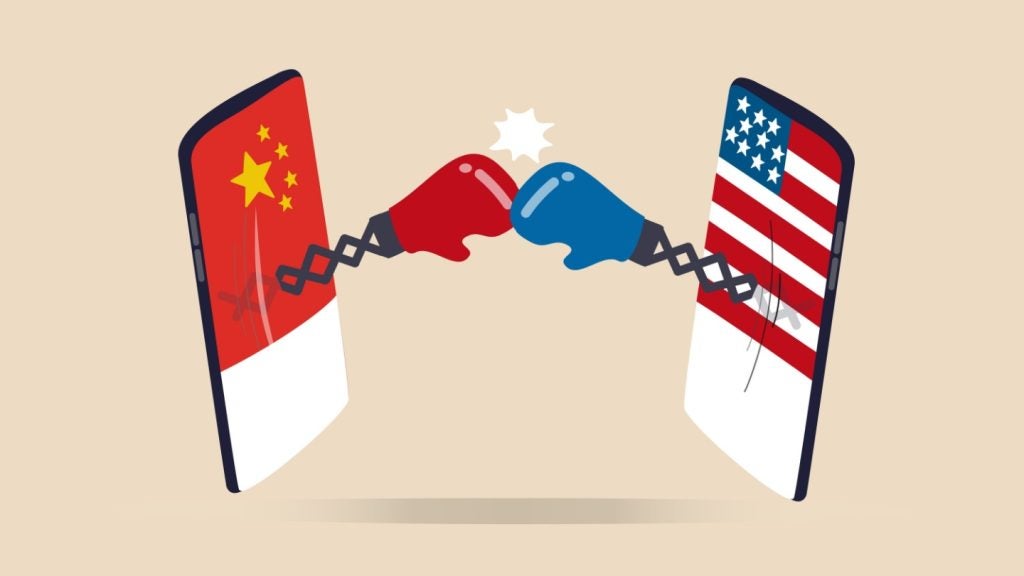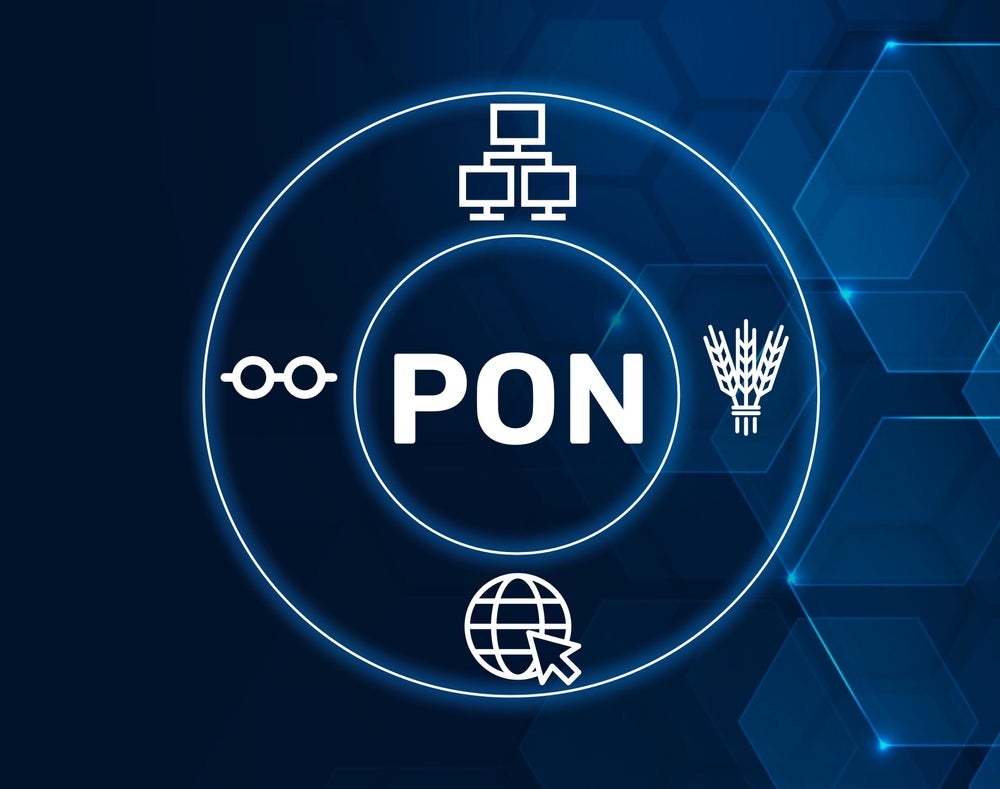
Pearson have announced that they are releasing generative AI study tools for their online Pearson+ and MyLab Mastery services in time for students heading back to school in September.
The announcement that Pearson were introducing AI into their services initially came in May, but the company gave more details in its financial statements this quarter.
Pearson’s Chief Production Officer, Tony Prentice said the “goal” of incorporating generative AI was not to give students easy access to answers, but to “help students learn and actually understand tough subjects.”
Elucidating further, he stated that the AI tools in Pearson+ would be able to summarise difficult topics into easily comprehensible notes as well as creating practice exam questions for students to answer.
Speaking on the incorporation of AI into MyLab Mastery, Prentice stated that the chatbot will help students figure out how their lab experiments went wrong so that they can adjust the experiment in the labs themselves.
Prentice explained that this enables students to work through experiments that have gone wrong more quickly than before without the need to “wait for office hours” to ask for help or “just giving them the answers.”
In these announcements, Pearson were also quick to address the accuracy of their AI.
Despite reinforcing that its AI was still very “early in the game”, Pearson maintained that ensuring accuracy and trust within its AI was still a priority for the company.
Could AI make for a more inclusive learning environment?
Pearson’s 2023 School Report investigated the impact of AI and technology on the inclusivity of the education sector.
Their study found that 48% of schools stated that hybrid and remote studying was made easier by technology developments in the last two years, and a third of schools recorded that they felt an improvement in accessibility for students with special education needs and disabilities (SEND).
The UK’s top universities have also recently announced that they would introduce AI into their classrooms.
This promise of inclusivity is, however, met with some cynicism.
Writing recently on the Bett education show in London, GlobalData analyst David Bicknall recalled a talk by House of Maths founder Vibeke Fængsrud.
In her speech, Fængsrud compared the promises made of AI to the revolutionary statements which predicted that the radio, TV and the internet would all change education for the better. Statements which she believes have fallen short.
Exploring this further, principal analyst at GlobalData Maya Sherman believes that AI does have some potential to “boost” students with SEND who may struggle with the “structured nature of academia”.
Sherman points to several AI tools that are already on the market, such as Ava and Google Voice Access, that can create transcripts for students or serve as visual assistants.
“Nonetheless,” Sherman concludes, “there are substantial ethical and regulatory concerns when incorporating AI into the academic processes, such as increased risk of bias and plagiarism.”
With the AI market set to achieve a 20% CAGR by GlobalData estimates, AI will increasingly become an asset to education so long as the sector uses it responsibly.







